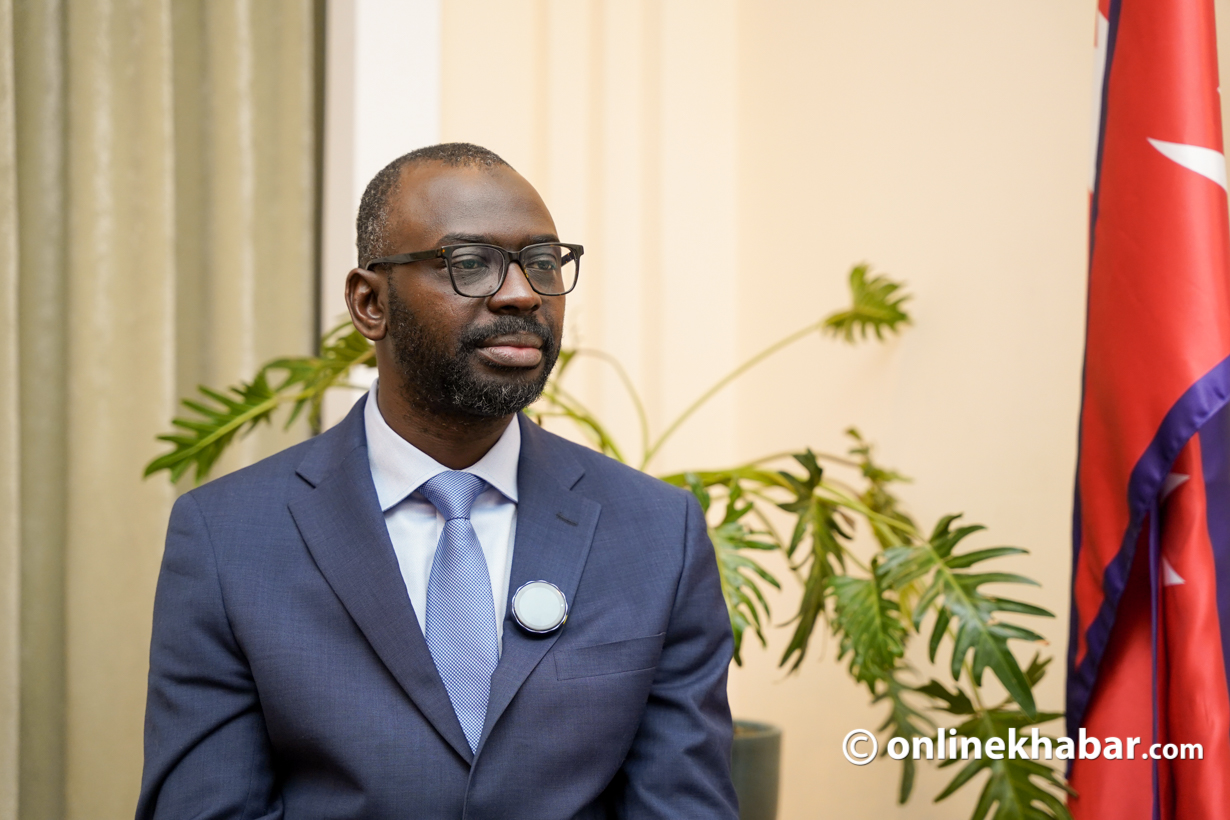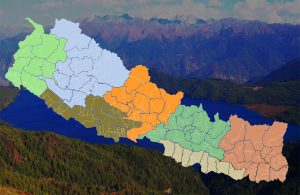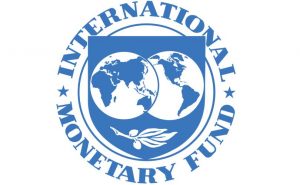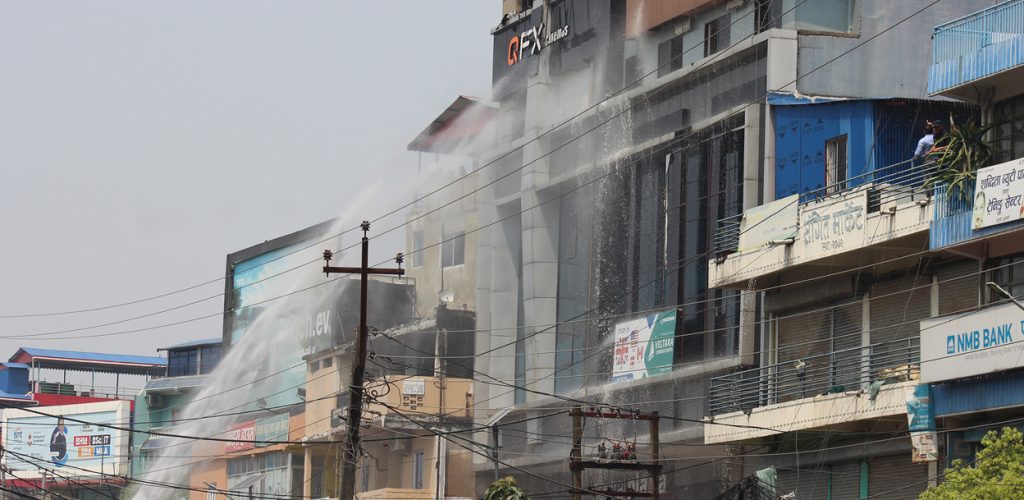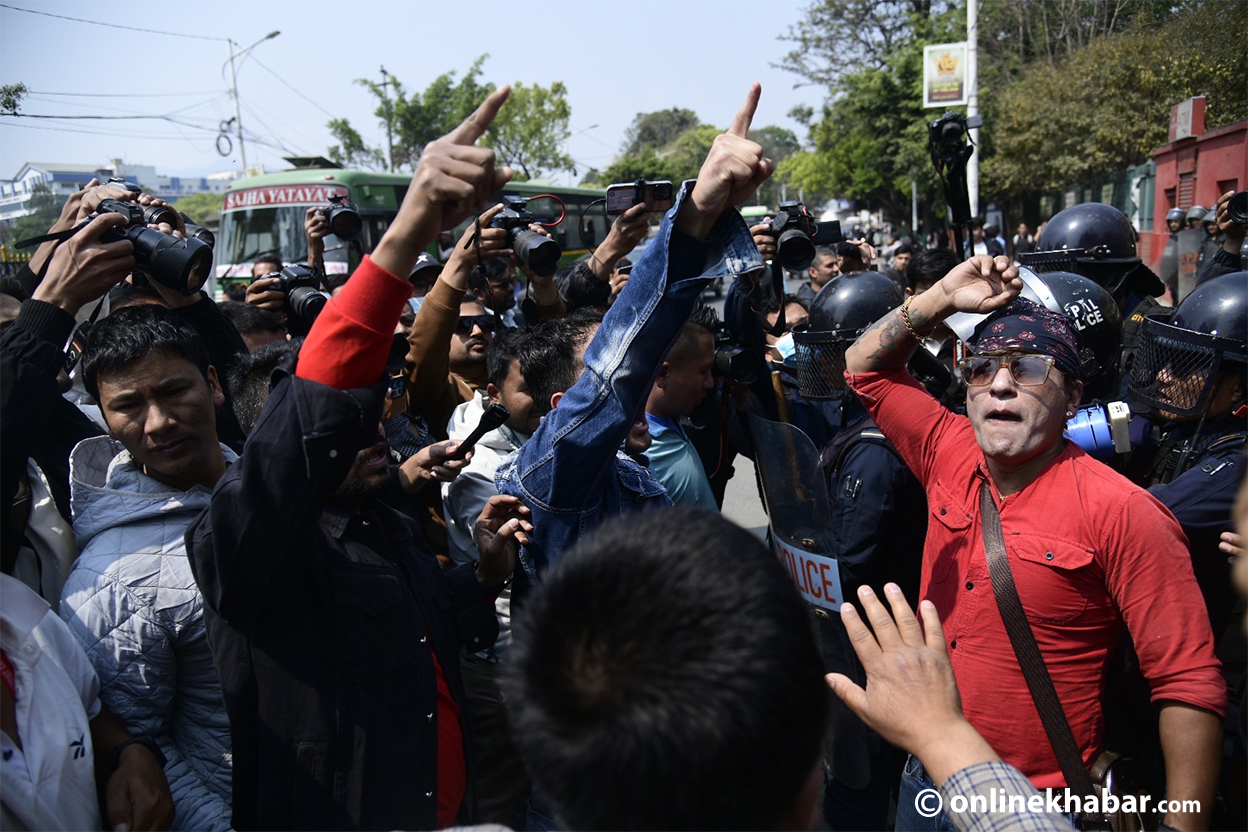
Kathmandu, January 22
An International Monetary Fund (IMF) team, led by Sarwat Jahan, concluded its visit to Nepal on January 19, 2025, after a series of discussions with Nepali authorities. The visit focused on reviewing the progress of Nepal’s Extended Credit Facility (ECF)-supported program and finalizing the policies needed for the fifth review.
Jahan announced a staff-level agreement on key reforms, pending approval by the IMF’s Executive Board. Upon approval, Nepal will gain access to SDR 31.4 million (approximately USD 40.6 million), bringing total disbursements under the ECF to SDR 219.7 million (about USD 283.9 million) out of a committed SDR 282.42 million.
Nepal has demonstrated satisfactory performance under the ECF program, meeting most quantitative targets by the end of July 2024. Notable achievements include amending the anti-money laundering (AML) law, enhancing financial oversight of public enterprises, and auditing the Nepal Rastra Bank’s FY2023/24 financial statement using international expertise.
However, challenges remain. The revenue collection and child welfare grant targets were missed, and vulnerabilities in the financial sector have increased. Non-performing loans in the banking sector reached 4.4% as of October 2024, while financial issues within savings and credit cooperatives (SACCOs) continue to deepen.
The economic recovery observed in FY2023/24 was disrupted by the severe floods in September 2024, which caused widespread damage to critical sectors and heightened inflation, particularly in food prices. Inflation reached 6.1% in December 2024, though it is expected to stabilize as transport networks are repaired and agricultural production recovers.
Despite these challenges, Nepal’s growth is projected to exceed 4% in FY2024/25, driven by increased public capital expenditure and post-flood reconstruction efforts. Imports are expected to rebound in the second half of the fiscal year.
The IMF emphasized the importance of growth-friendly fiscal consolidation, which includes accelerating capital expenditure and enhancing revenue mobilization. It recommended continuing a data-driven approach to monetary policy to maintain stability while supporting economic growth.
Further reforms under the ECF program include the effective application of the AML law, amendments to the Nepal Rastra Bank Act to strengthen central bank independence, and measures to address vulnerabilities in the financial sector. Timely execution of a Loan Portfolio Review (LPR), aligned with Basel Committee guidelines, is crucial to ensuring financial stability.
During the mission, the IMF team held discussions with Deputy Prime Minister and Finance Minister Bishnu Prasad Paudel, National Planning Commission Vice-Chairman Shiva Raj Adhikari, Nepal Rastra Bank Governor Maha Prasad Adhikari, and other senior officials. Meetings were also conducted with private sector representatives and development partners.
The IMF team expressed gratitude to the Nepali authorities for their hospitality and open engagement, affirming its commitment to supporting Nepal’s efforts to preserve macroeconomic stability and strengthen the policy framework.





